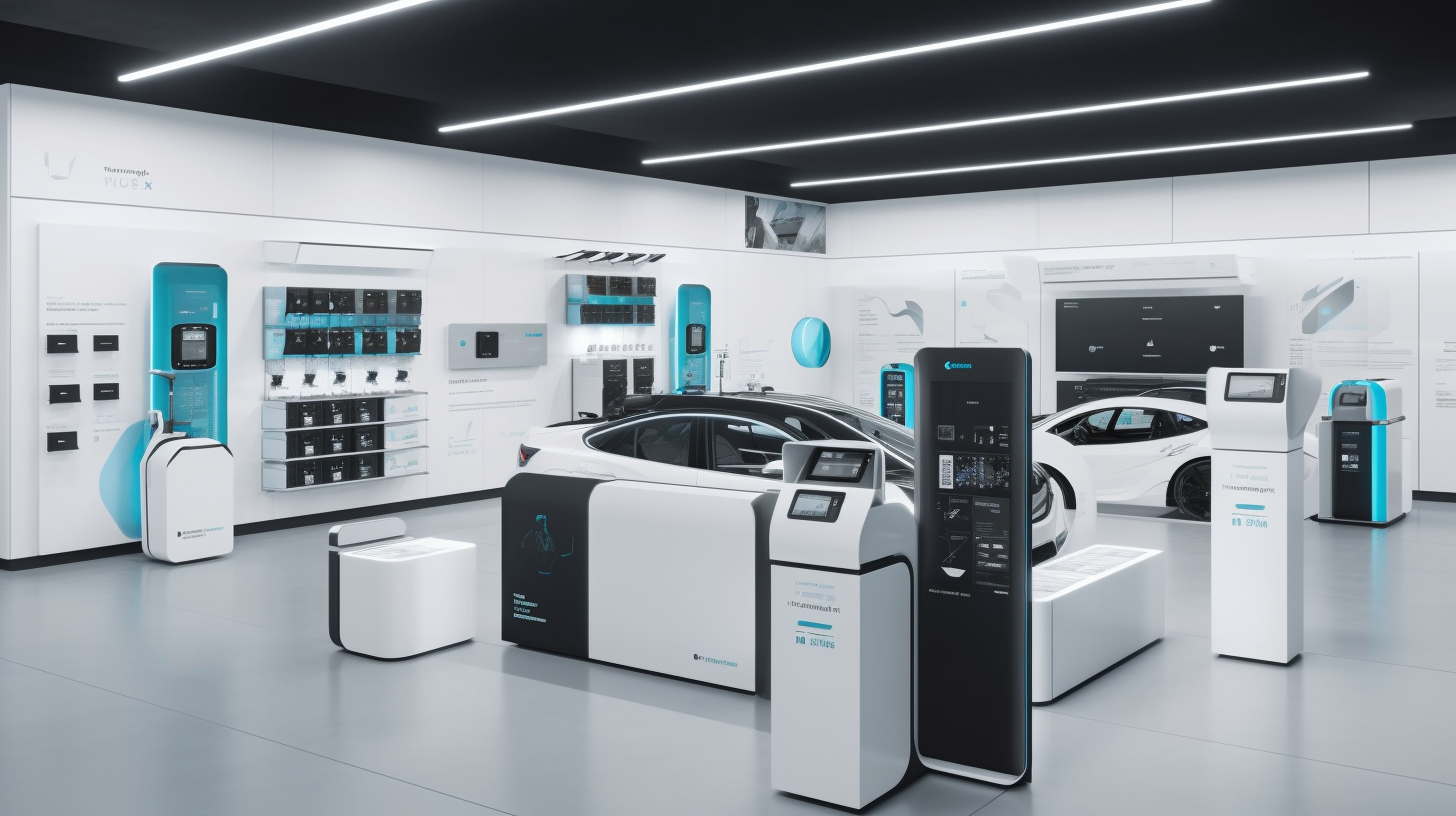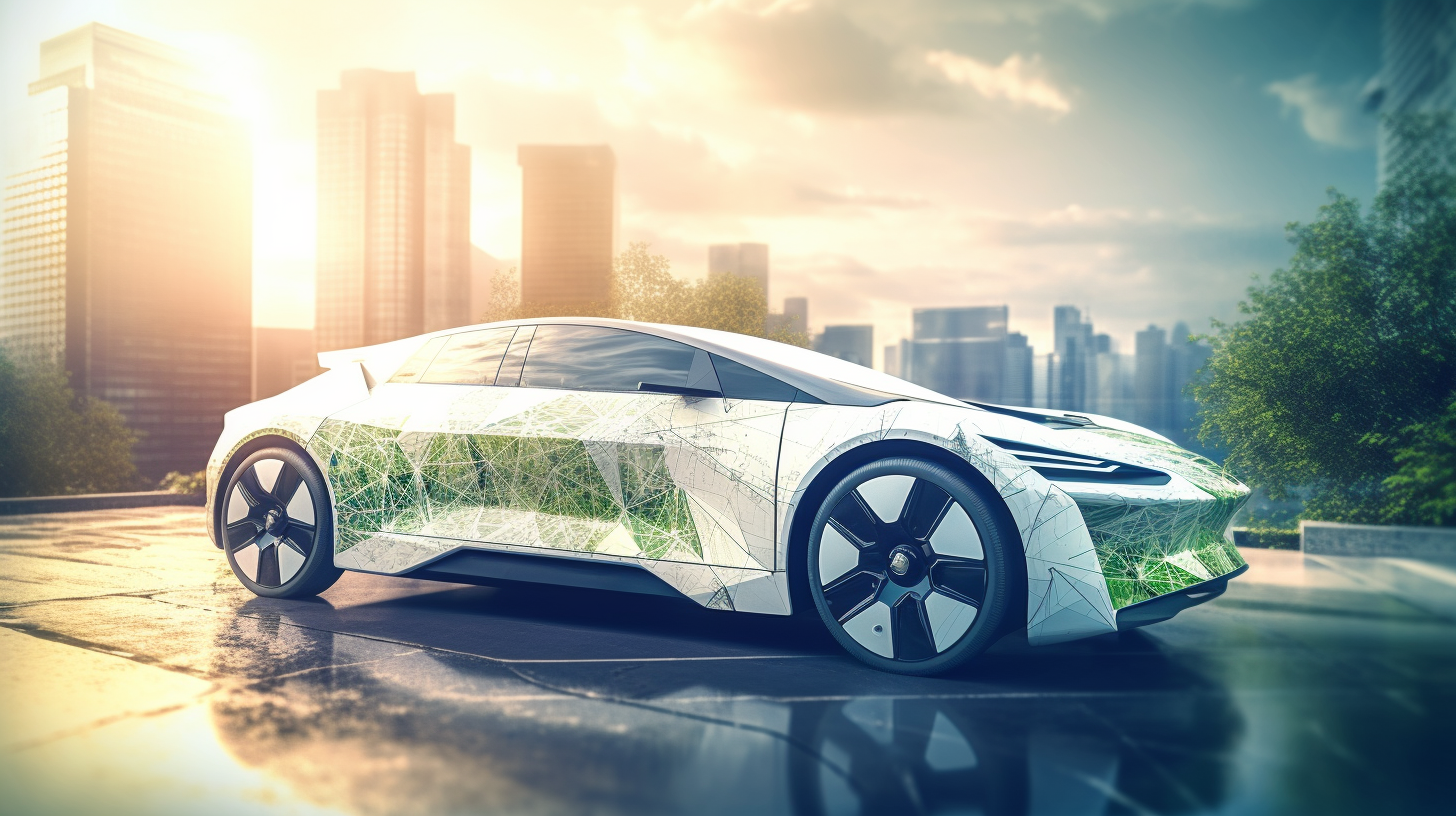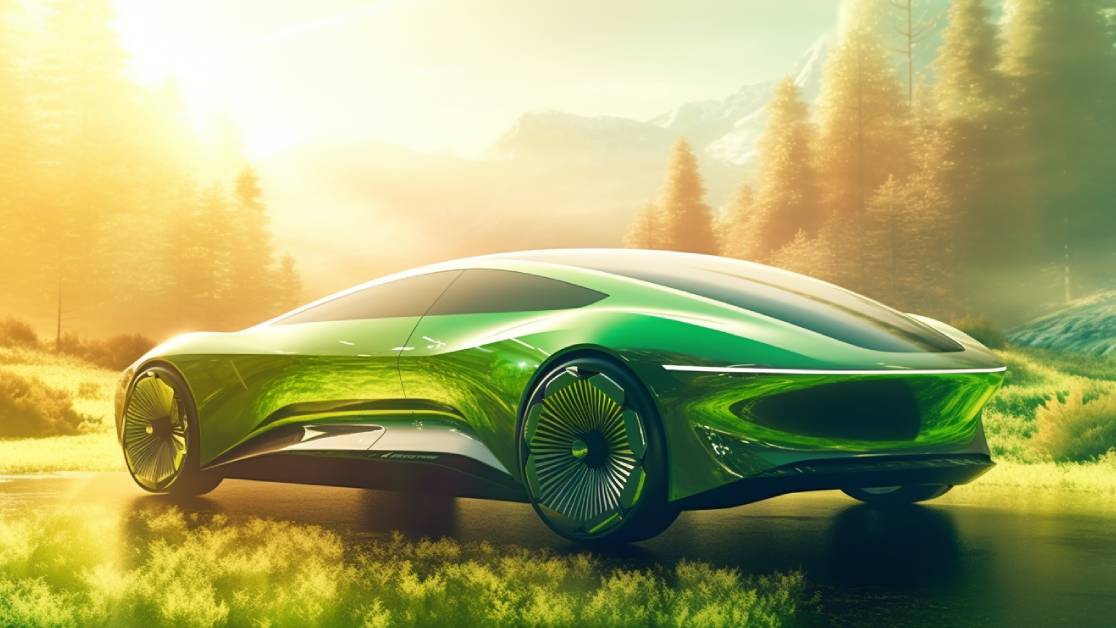The emergence and subsequent popularity of electric vehicles (EVs) has shifted the dynamics of the automotive world in recent years. As a practical, efficient, and eco-friendly alternative, electric cars stand out as a game-changer in transportation. However, with this evolution comes a series of questions. Most notably, how does an EV stack up against traditional gas-powered cars in terms of sustainability, environmental impact, and cost savings?
As potential EV buyers find themselves in the consideration phase of the buying journey, we aim to provide a detailed comparison to help you make an informed decision. Throughout this post, we’ll interlink related content for a broader context. So, let’s dive in.
Key Takeaways: The Environmental and Financial Advantages of Electric Vehicles vs Gas-Powered Cars
- EVs significantly reduce greenhouse gas emissions, emitting about 4.4 metric tons of CO2 per year, compared to 11.4 metric tons from gas cars.
- EVs contribute less to air pollution, producing zero tailpipe emissions.
- EVs demonstrate superior energy efficiency, using less energy to travel the same distance.
- Despite the environmental cost of battery production, EVs have a lower overall environmental footprint than gas cars.
- While EVs may have a higher initial cost, long-term savings from lower fueling and maintenance costs make them a cost-effective choice.
- Choosing an EV benefits not only the individual owner but also significantly contributes to a more sustainable and environmentally friendly future.
EVs vs. Gas-Powered Cars: The Battle of Emissions
Greenhouse Gas Emissions: A Matter of Consideration
One of the first considerations when comparing EVs and gas cars is the issue of greenhouse gas emissions. In our previous post, What Are the Benefits of Electric Cars?, we highlighted the critical role of EVs in reducing greenhouse gas emissions.
According to a study by the Union of Concerned Scientists, EVs produce fewer emissions than their gas counterparts, even after considering the emissions from electricity production used to charge them. A study by the National Renewable Energy Laboratory confirmed these findings, stating that EVs emit around 4.4 metric tons of CO2 annually, versus the 11.4 metric tons produced by a typical gas-powered car.
Air Pollution: Impact on Urban Health
Air pollution, primarily in densely populated urban areas, is another factor where EVs outshine gas-powered vehicles. As we discussed in the post Reasons Why EVs Will Be Ahead of Gas Cars, vehicles significantly contribute to urban air pollution.
Gas cars emit several pollutants, including nitrogen oxides (NOx), particulate matter (PM), and volatile organic compounds (VOCs). These pollutants lead to various health issues, such as respiratory problems and heart disease. In contrast, EVs have zero tailpipe emissions, thereby not contributing to air pollution in the same way.
EVs’ Superior Energy Efficiency
In our previous blog, Most Exciting Electric Cars, we mentioned the superior energy efficiency of EVs. They require less energy to cover the same distance as gas vehicles. This superiority arises from the ability of EVs to convert a higher percentage of battery-stored energy into motion. Gas-powered cars, however, waste considerable energy as heat. The Department of Energy reports that EVs are approximately three times more efficient than gas-powered cars on a miles-per-gallon equivalent basis.

Battery Production: An Area for Improvement
One of the contentious areas in the debate of EVs vs. gas-powered cars is the environmental impact of battery production. As we’ve covered in Top Revolutionary Advances in EV Battery Technology, battery production can be energy-intensive, and the process of mining and refining raw materials can negatively impact the environment.
However, despite these challenges, research indicates that when considering the lifecycle environmental impact, EVs still come out on top. Although the manufacturing process of EV batteries can be improved, their overall environmental footprint is still less than that of gas-powered cars.
The True Cost of Ownership: Initial vs. Ongoing Costs
When comparing the costs of EVs and gas-powered cars, there are two sides to consider: the initial purchase price and the ongoing operational costs. Though the upfront cost of EVs can be higher than gas-powered cars, the long-term operational costs often favor EVs, leading to significant cost savings over the vehicle’s lifetime.
These savings primarily come from lower fueling and maintenance costs. Charging an EV can be much less expensive than fueling a gas-powered car, especially with the availability of home charging options and an increasing network of public charging stations. As we explored in Everything You Need to Know About EV Charging, the cost of charging can vary but is often significantly cheaper than the equivalent cost in gasoline.
Maintenance costs for EVs also tend to be lower. With fewer moving parts than gas-powered cars, EVs require less routine maintenance and are less likely to need costly repairs. In the blog post Can An Electric Car Be A Smart Business Move?, we discuss how these savings can be particularly beneficial for business owners considering EVs for their company fleets.

Choosing a Sustainable Future
To sum it up, when compared to their gas-powered counterparts, EVs shine in terms of sustainability, environmental impact, and potential cost savings. They offer a way to dramatically reduce greenhouse gas emissions and air pollution while also providing a more energy-efficient mode of transportation.
While concerns about the environmental impact of battery production remain, the overall impact of EVs is still much less than that of traditional cars. Moreover, the potential for cost savings over the lifetime of the vehicle is an attractive prospect for many buyers.
As the world continues to move towards a more sustainable future, electric cars are playing an increasingly vital role. They offer a realistic and practical solution that benefits not just the individual owner, but society as a whole. As we discussed in A Global Movement for Environmental Sustainability, the switch to electric vehicles is about more than just individual choices – it’s about global change.
So, if you’re on the fence about whether an electric car could be the right choice for you, consider the advantages they offer. Not just to your wallet, but to the planet too. Choosing an electric vehicle is a vote for a more sustainable and environmentally friendly future. It’s a choice that more and more people are making every day. Will you join them?
Tags:
